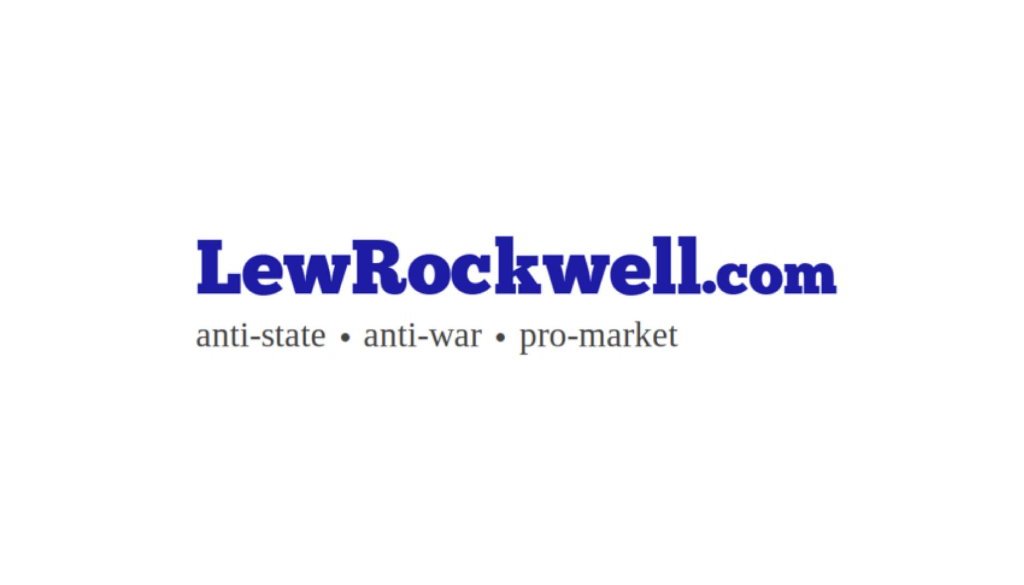Palantir: The Intersection of Government and Corporate Power
International Man: Palantir is a data analytics and AI company known for its work with governments, particularly in defense, intelligence, and law enforcement.
Critics argue it enables mass surveillance, predictive policing, and military applications. A significant portion of its revenue comes from classified government contracts, and some allege ties to the Deep State.
What is your perspective on Palantir?
Doug Casey: When Palantir was founded in 2003, all the initial funding came from Peter Theil and In-Q-Tel, an investment arm of the CIA. The US government and its agencies are by far its biggest customers, along with foreign governments and large corporations. Its revenues have grown around 40% annually since it went public in 2020.
The nature of Palantir’s clientele underlines what I’ve been saying about fascism as an economic system: Almost every country in the world is fascist—the economic system characterized by a total melding of the interests of government and large corporations.
Remember that Benito Mussolini coined the word “fascism” and defined it to mean the integration of the State with privately owned business. It’s different from socialism, where the State owns the means of production.
Fascism makes it possible for businessmen to become wealthy by catering primarily to the needs of the State, as opposed to the public. Corporations, by their nature, focus on creating wealth. That wealth becomes available to their shareholders, their managers, the State, and the apparatchiks in government who help the corporation. Fascism is naturally much more efficient than socialism, which always and inevitably generates losses. While fascism can look like capitalism, its prime interest is serving the State—not serving either consumers or workers.
Palantir is the Platonic ideal of a fascist business. It caters exclusively to the State and large corporations, to manipulate the public.
International Man: If Palantir’s viability relies heavily on government contracts and support, can it genuinely be classified as a legitimate private enterprise?
Doug Casey: In the Constitution, State intervention in the economy is justified with just a few words in Article 1, Section 8. The Commerce Clause gives Congress the power “to regulate Commerce with foreign Nations, and among the several States, and with the Indian Tribes.” And the General Welfare Clause, which grants Congress “the power to lay and collect taxes to pay the debts and provide for the common defense and general welfare of the United States.” It’s quite a leap from those little clauses to the government essentially controlling the entire economy.
Companies like Palantir rely on the government and big business—not the people—for their revenue.
Palantir has grown like a cancer since its founding, but that growth has really metastasized under Trump. That’s rationalized by the fact that, if the US is going to round up the 10 or 20 million migrants who are in the US illegally, it needs to find out who they are. So Trump strongly supports “REAL ID,” which facilitates the government knowing exactly who everybod
Article from LewRockwell

LewRockwell.com is a libertarian website that publishes articles, essays, and blog posts advocating for minimal government, free markets, and individual liberty. The site was founded by Lew Rockwell, an American libertarian political commentator, activist, and former congressional staffer. The website often features content that is critical of mainstream politics, state intervention, and foreign policy, among other topics. It is a platform frequently used to disseminate Austrian economics, a school of economic thought that is popular among some libertarians.



